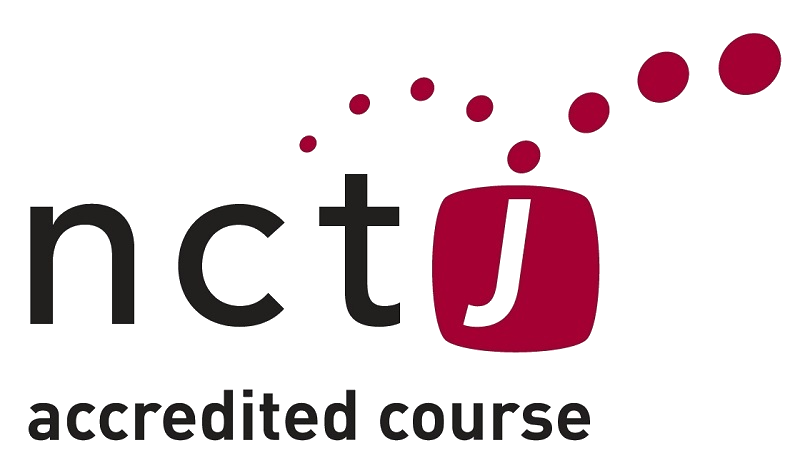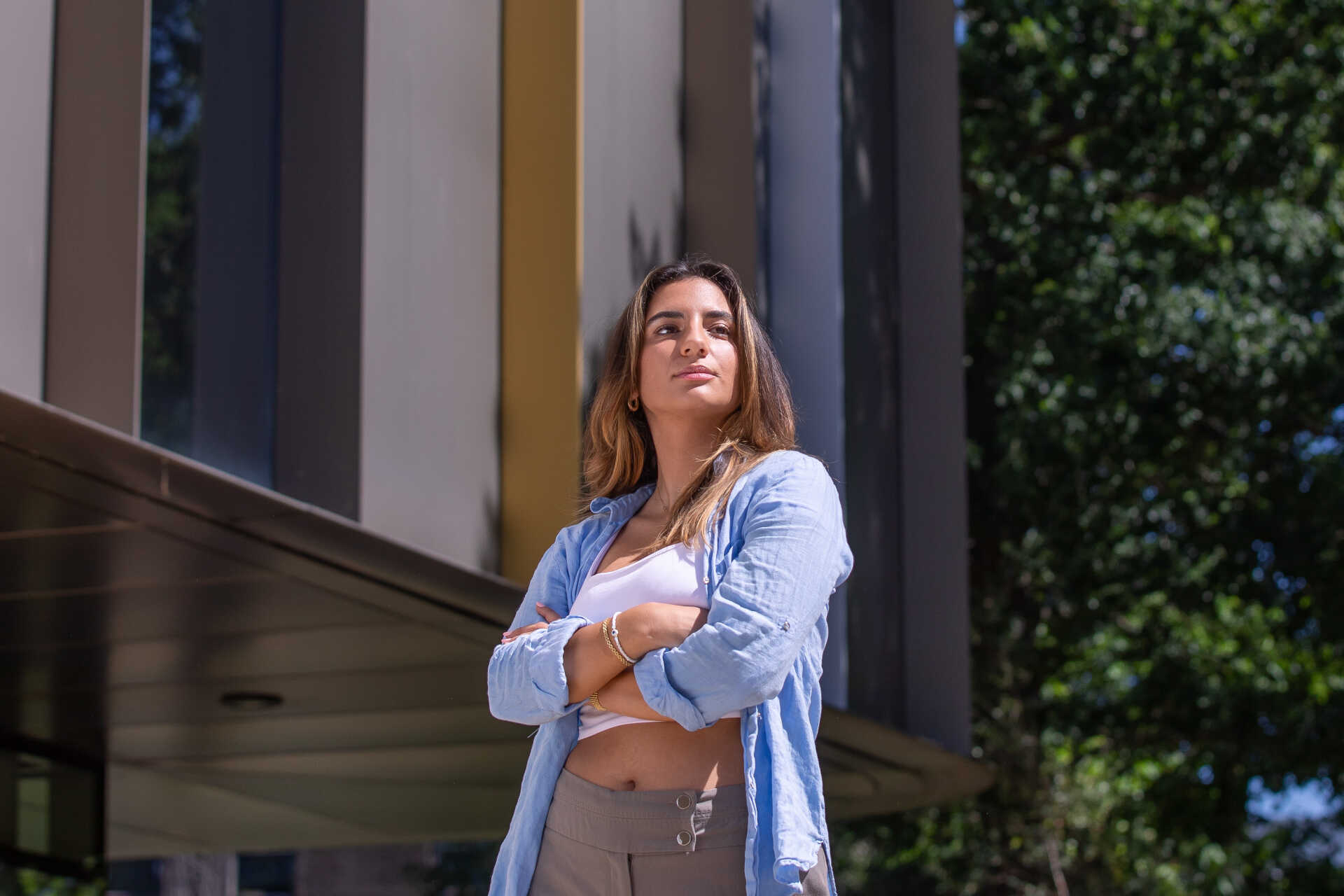Multimedia Journalism
Postgraduate programmes in journalism at Kent offer you the opportunity to research and learn in an environment that combines excellence in the practice of convergent, multimedia journalism with intellectual leadership in the history, ethics and future of the news industry.
Accreditation













